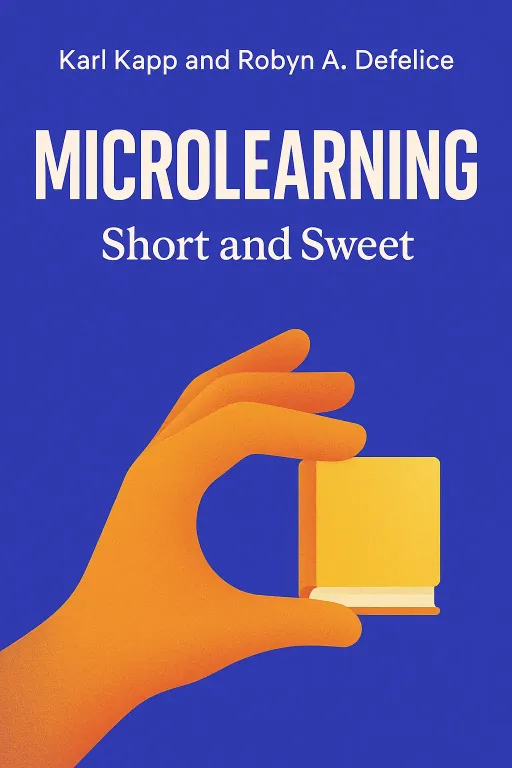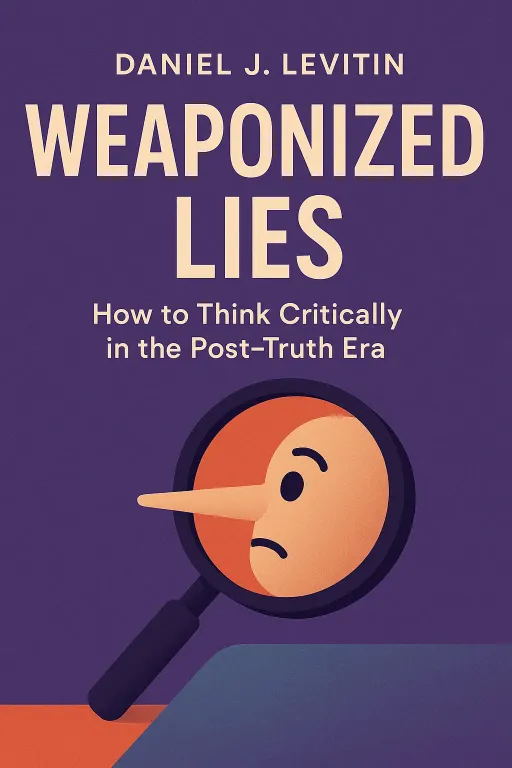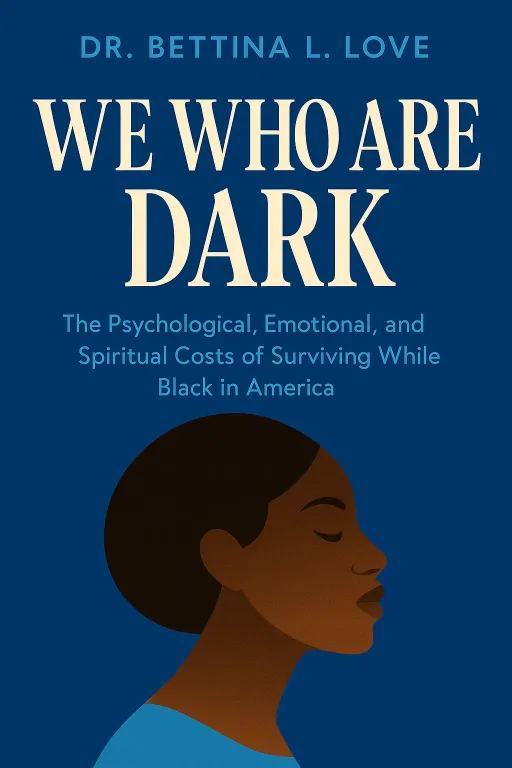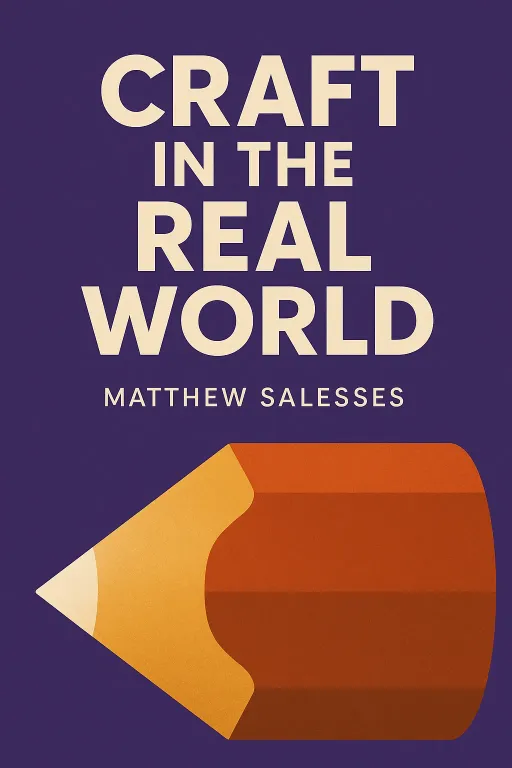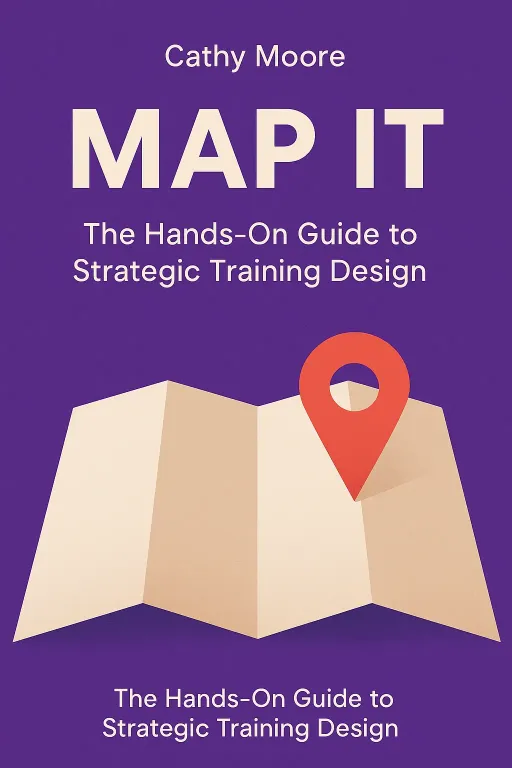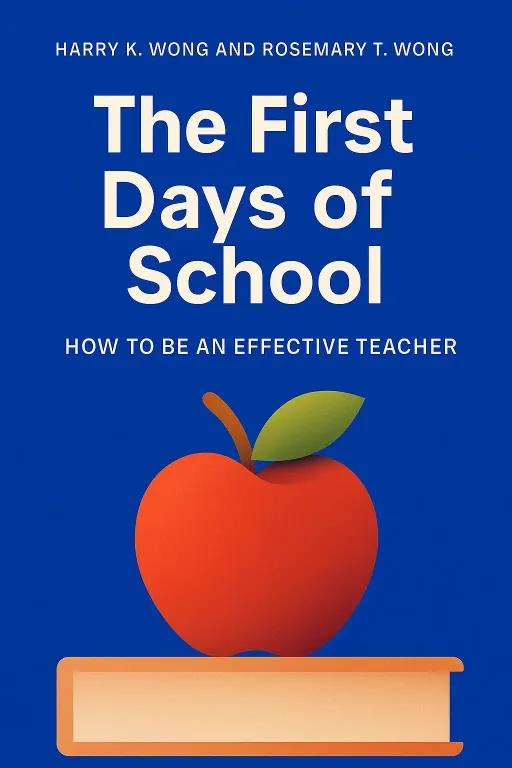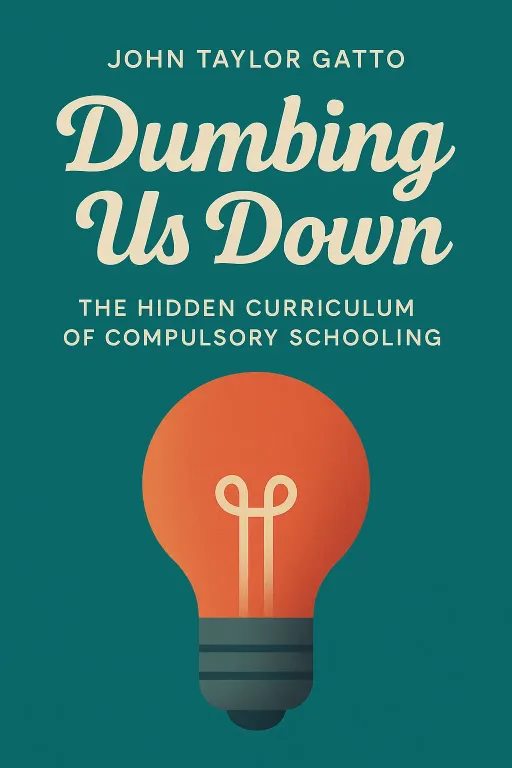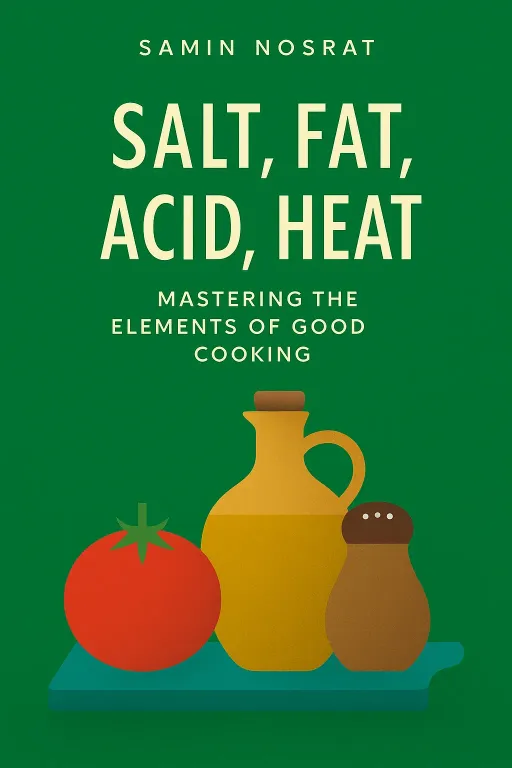
Your Kitchen's New OS
9 minGolden Hook & Introduction
SECTION
Laura: Okay, Sophia, we're diving into a book that has practically become a sacred text for food lovers. So, let's play a game. Salt, Fat, Acid, Heat. Give it to me in five words. Sophia: Oh, that's easy. My salt shaker is terrified. Laura: I love that. Mine is: Your kitchen's new operating system. Sophia: Okay, I see we're coming at this from slightly different angles. One of us is thinking about the grand theory, and the other is thinking about the impending doom of her spice rack. Laura: Exactly! And that's the magic of this book. Today we are talking about Salt, Fat, Acid, Heat: Mastering the Elements of Good Cooking by Samin Nosrat. And she's not just any chef. Alice Waters called her "America's next great cooking teacher," and she famously taught the renowned food writer Michael Pollan how to actually cook. Sophia: Wait, she taught Michael Pollan? The guy who wrote the book on food rules? That’s like teaching a fish to swim. What could she possibly teach him that he didn't already know? What's so revolutionary here?
The Cardinal Directions of Cooking: Moving Beyond the Recipe
SECTION
Laura: That's the perfect question, because it gets to the heart of her entire philosophy. Her approach isn't about giving you more rules or more recipes. It’s about getting rid of them. She argues that professional chefs don't rely on recipes; they rely on understanding a few fundamental principles. And she distills all of cooking down to just four: salt, fat, acid, and heat. Sophia: That sounds incredibly liberating, but also… completely terrifying. Recipes are my safety net. They’re the only thing standing between me and a kitchen fire or a truly inedible dinner. Laura: I get that, and Nosrat does too. The people behind the classic cookbook The Joy of Cooking praised her for this exact reason. They said she gives home cooks a compass, not a map. A map only gets you to one destination. A compass lets you navigate anywhere. She wants to teach you how to trust your own senses. Sophia: A compass is a beautiful idea, but I still get lost with Google Maps telling me where to turn. How does that translate into the kitchen? Laura: Well, Michael Pollan describes it perfectly in his foreword to the book. He hired Samin to teach him, and he expected to learn a bunch of recipes. But the lessons were never about that. One day, she'd teach him about emulsions, which she described as a "temporary peace treaty between fat and water." Sophia: A peace treaty between fat and water! I love that. That’s so much more memorable than just "whisk oil into vinegar." Laura: Exactly! It’s about the why. Another time, she had him sauté a single onion and taste it at every stage of its evolution—from raw and acidic, to sweet, to caramelized and smoky, and finally to slightly bitter when it browns. He learned to recognize the distinct aromas and flavors that could be teased from one humble ingredient, just by managing heat. Sophia: Okay, I'm starting to see it. You're not just following steps; you're learning a language. You're learning what the food is telling you. Laura: Precisely. And this leads to her most powerful quote, something one of her own teachers told her: "Recipes don’t make food taste good. People do." The skill is in the cook, not the instructions. And while some critics have said this approach can feel demanding for a beginner, it's ultimately about empowerment. It’s about freeing you from feeling like you have to make a dish one specific way. Sophia: It’s funny, the book is filled with these beautiful illustrations by Wendy MacNaughton instead of glossy photos. At first I missed the photos, but now I get it. A photo shows you one perfect, unattainable version. The drawings feel more like a suggestion, an invitation to try it your own way. Laura: Yes! The illustrations are meant to encourage improvisation. They show you the idea, not a rigid final product. It's all part of this philosophy of giving you the tools, the compass, and then trusting you to find your own way.
The Misunderstood Hero: Why Salt is More Than Just 'Salty'
SECTION
Laura: And the best way to understand this compass is to look at its first cardinal direction: Salt. It's an ingredient we all use, every single day. We think we know it. But Nosrat shows us we barely understand its true power. Sophia: I mean, it makes things salty, right? I sprinkle it on at the end. What more is there to it? Laura: Oh, so much more. She tells this incredible story from when she was a young cook at Chez Panisse. It was her first time making polenta, and she was terrified of scorching it. After an hour and a half of constant stirring, she added butter and Parmesan and presented a spoonful to the chef, Cal Peternell, for tasting. Sophia: The moment of truth. I can feel the anxiety. Laura: He tasted it and said, "It needs more salt." So she went back and added a tiny pinch. He marched her back to the pot and added three enormous palmfuls of kosher salt. Sophia: Whoa! Three palmfuls? I would have been mortified. I would have assumed he'd just ruined the entire pot. That’s a prank, not a cooking lesson! Laura: That's exactly what she thought! She was horrified. But then he had her taste it again. And she said it was a complete transformation. The corn was suddenly sweeter, the butter was richer, the cheese was more savory. The salt hadn't just made it salty; it had amplified every other flavor in the pot. It was a total epiphany for her. She writes, "It’d never occurred to me that salt was anything more than pepper’s sidekick." Sophia: Okay, that is a 'polenta moment.' So what was actually happening there, chemically? How does salt do that? Laura: It’s fascinating. Salt literally makes food taste more like itself. It enhances sweetness, which is why a pinch of salt in a cookie recipe is so important. It also minimizes bitterness. She gives the example of an espresso brownie sprinkled with flaky sea salt. The salt makes the espresso less bitter and the chocolate more intensely chocolatey, all while providing a savory contrast to the sugar. Sophia: That makes so much sense! It’s the secret behind salted caramel. The salt doesn't just sit on top; it changes how you perceive the sweetness. It gives it depth. Laura: Exactly. It also unlocks aromatic compounds. She suggests an experiment: taste a simple, unsalted chicken stock. It's flat. Then add salt, a pinch at a time, and keep tasting. Suddenly, you'll start to smell the savouriness of the chicken, the earthiness of the vegetables. The salt is literally making the food more aromatic. Sophia: My mind is officially blown. So, given all this, what is the biggest mistake that we, as home cooks, are making with salt every day? Laura: It comes down to two things: when you salt, and how you salt. Most of us salt at the end. Nosrat argues that the most important salting happens during the cooking process. Salting early allows the salt to penetrate the food through osmosis and diffusion, seasoning it from the inside out. That's why salting meat a day, or even an hour, before cooking makes it so much more flavorful and tender. Sophia: And the 'how'? Laura: Ditch the shaker. She insists, like most professional chefs, on using a salt bowl and seasoning with your fingers. It gives you so much more control and a better feel for the amount. You learn to shower it from above for even distribution. And for things like pasta or blanched vegetables, she gives the famous rule: make the water "as salty as the sea." Sophia: I've heard that, but I've always been too scared to actually do it! I imagine a salt-lick of a noodle. Laura: But it works! The pasta only absorbs a small amount of that salt, but it seasons it perfectly from within. No amount of sauce can fix a bland, under-seasoned noodle. It's a small change that makes a world of difference.
Synthesis & Takeaways
SECTION
Sophia: Wow. So this whole time, I thought cooking was about following the recipe, getting the measurements right. But it sounds like it's really about learning to taste. It's about paying attention in a way I haven't been. Laura: That's the entire book in a nutshell. It's a shift from passive following to active tasting and adjusting. And what's so brilliant is that mastering just this one element, Salt, proves her entire thesis. Once you understand how to use salt properly—when to use it, how much, in what form—you've already unlocked a new level of cooking. You don't need a recipe to tell you to salt your pasta water; you just know. Sophia: You have the compass. You know which way is North. Laura: Exactly. You start to build your own intuition. The book is a bestseller and won a James Beard award for a reason. It truly changes how you think in the kitchen. It’s not about memorizing 100 recipes; it's about learning 4 fundamental principles that can unlock thousands of delicious meals. Sophia: I feel like I need to go home and apologize to my salt shaker. I've been using it all wrong. Laura: Well, here's a simple action for all of us. For your next meal, just try one thing from this. Salt your steak an hour before you grill it. Or finally, actually make your pasta water as salty as the sea. Just one change. Sophia: I'm going to do the pasta water. I'm finally ready. And for our listeners, if you try this and have your own 'polenta moment,' we'd love to hear about it. Find us on our socials and share your story. Laura: This is Aibrary, signing off.
